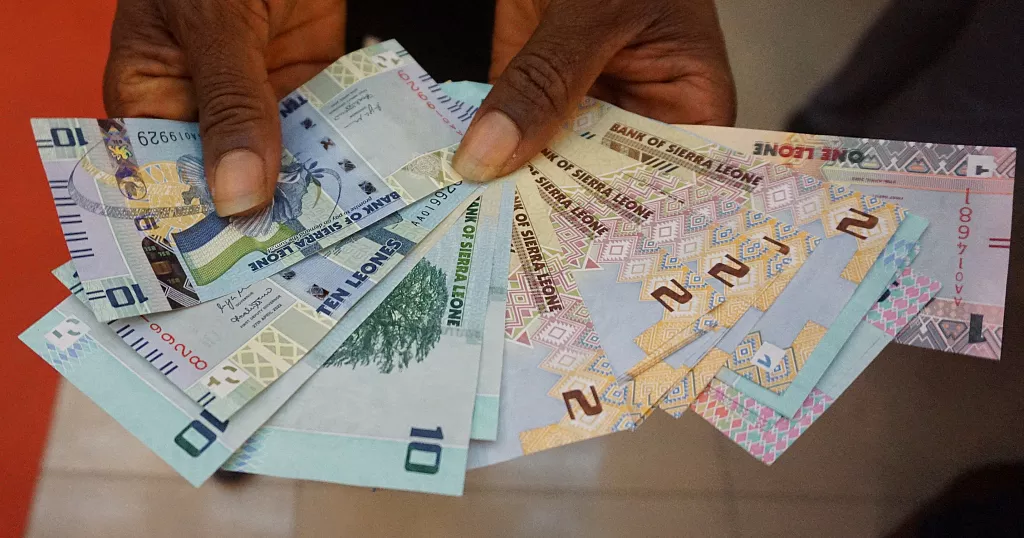By Alusine Fullah
It’s a question that philosophers, economists and social scientists have grappled with for decades: Can money buy happiness? “Money contributes to happiness when it helps us make basic needs but the research tells us that above a certain level more money doesn’t actually yield more happiness,”- Gethin Nadin, Bestselling HR Author & Top Global Employee Experience Influencer 2019 & 2020.
Of course, we still need to pay our bills and save for the future. Money buys peace of mind when we are able to live within our budget and save for the future. In the present, you will sleep better knowing you have some money in reserve in the event of an emergency. Looking into the future, you will be happy knowing you have built up enough of a nest egg to enable you to retire and live independently for as long as possible.
Yes, money can buy happiness. In a world governed by market principles, money is a fundamental need, and it is naïve to think otherwise. Of course, your salary has a big impact on your quality of life. It’s going to impact everything from the kinds of food you eat, to where you live and the car you drive. However, these improvements will only make you happier to a point. Happiness has long been associated with material comforts, with the pleasures afforded by a life of luxury and wealth. Research supports the common-sense notion that having money relives a large portion of the daily worries over finances and cushions the occasional bumps in the road of life. Studies have consistently shown that the lowest income earners—that is, the unemployed and the working poor—score lower on SQOL than those in higher income categories.
Compared to the well-off, those below the poverty level also score lower on physical and mental health measures, educational and employment success, and subjective well-being, and higher on levels of delinquency, drug and alcohol abuse, and criminal activity. Usually being wealthy enables one to prepare for obtaining jobs in this competitive job market. From the early childhood of their offspring, parents are concerned with choosing the right schools and right kind of training. Those who can afford it invest large amounts of money in proving the needed education.
To be candid, poor people have less cultural, social, and educational capital, and this hinders their ability to get access to those special networks that open up opportunities for career advancement and social acceptance.
However, “Money Can’t Buy Happiness” is an adage that some people live by and others ignore. The saying means that true happiness comes from within, not from possessions that can be bought. Beyond the ability to pay your bills, happiness is a state of mind that is short-lived when you base it on physical objects and the numbers in an investment portfolio. To borrow a quote from the movie Forrest Gump, “There’s only so much money a man really needs, the rest is just for showing off.”










